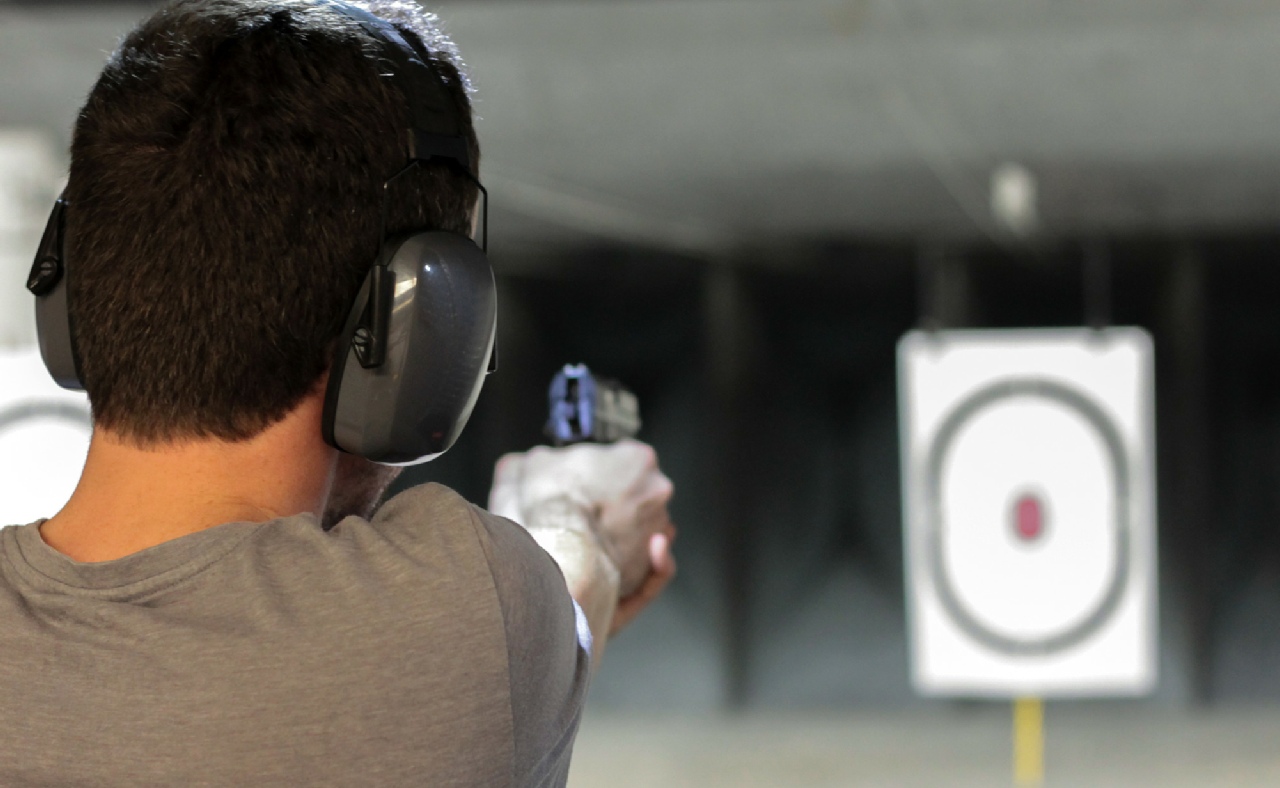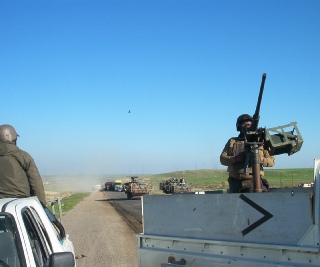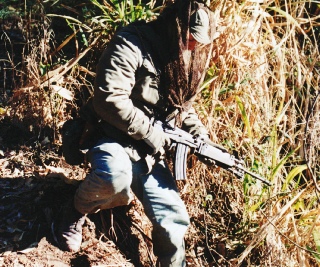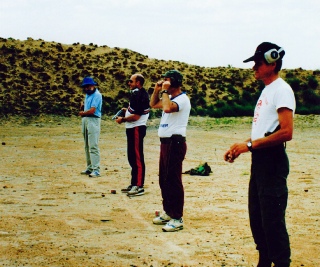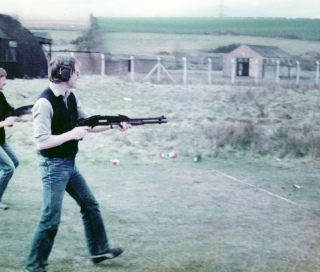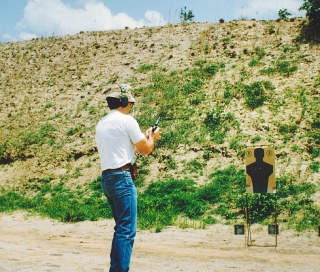The best way to stay safe at home is to keep criminals out of it. In analysing Home invasions researcher has shown that out of all the measures that would hinder a house robber, 68% of them refer to securing the outer-perimeter of house and garden while 32% refer to internal security systems. This is because once the perpetrators have managed to get close to the house, the advantage they have in terms of the element of surprise leaves the residents with fewer defensive options.
However, if the residents are alerted to a person jumping over their wall, they will have time to take defensive action and raise the alarm est. Much of the advice about staying safe at home may sound obvious, but don't overlook it – a little bit of common sense can go a long way in preventing crime. When alone at home ask yourself: should someone come into my home would I hear them?
We all tend to leave our doors and windows open, especially in summertime. We assume that because we are at home, this is some kind of deterrent to the home invaders. It is after all our place, and we should feel secure in it and rightfully so. When at home, our alarm is turned off and our doors are open. So what do we do? Do we walk around with a panic button in our hand or what? As the first phase of the attack is the most dangerous from the point of view of the perpetrator, it is during this time that they are most adrenalised and are prone to acting on the spur of the moment. Your best defence is to keep them out.
“Home Invasion Robbers disclose what you should know.”
77% of the perpetrators stated that they chose targets for which they had some ‘Inside information.’ For example, they would be able to get information about a particular house from domestic workers, gardeners or other service providers including security guards (or from the relatives or acquaintances of these people).
Generally, perpetrators would prefer to choose targets in neighborhoods that have many entrance and exit points with easy access to main roads and where street security is low or non-existent.
The perpetrators in this study stated that they would tend to focus on what theytermed as the “middle class.”
Planning and Executing a Residential Robbery
• All perpetrators stated that they would spend some time prior to the attack doing surveillance on the targeted residence. In some cases this could be as little as 30 minutes prior to the attack and in other cases up to two weeks. The purpose of the surveillance is to acquaint the perpetrators to the layout and types of neighborhood, the household security measures and the habits and patterns of the residents.
Institute for Security Studies
Professor Rudolph Zinn, snr
For further information and to have a consultant do presentations for you or your church group on preventative and counter measures
contact us.
Of course your best alarm has to be a dog or your dog. He/she does not even have to be a very brave dog, because you don’t want them to put up a fight.
In Australia many years ago, I use to use dogs to hunt wild pig. The best dogs where not the bravest ones. When the hunting dog heard or saw a pig, he would race after it, down along the grass tunnels the pigs had made through the bush, if the pig turned to do battle, the dog would run away, tail between his legs, yelping back along the tunnel. Now, the brave ones would go in to do battle snarling and biting. A dog is no match for a large full grown wild pig. Equally, you are no match for a large armed aggressive intruder. So dogs would get gored and sadly at times, would have to be put down. The dogs that ran away lived to hunt another day. Sometimes retreat is the best form of valor.
So what kind of dog do you need for an ALARM dog? Well, there are hundreds, if not thousands of dogs at your local SPCA www.nspca.co.za that would do quite well at this. One does not need a large attack dog for this purpose; in fact the best kind of dog does not even have to be overly brave or highly trained in man work. You want a dog that is going to react to unfamiliar sounds and smells and is protective of its space. Small and aggressive K9s fill this role perfectly and the more of them the better.
They are your early warning system, one does not have to turn them ON or OFF and they are always there. As long as the animal is not over fed, fat and lethargic, he will do the job with very little training. He may never spring into action on command like a well trained German shepherd dog does, he may however give you the seconds you need to retrieve and use your defensive firearm. Without extensive training and man work, the best your dog may do is give you time to defend yourself or run.
If this means abandoning the animal and running to a safe room or out of the house, do so. Remember if early warning is given by your dog, once he is away from you, and goes in to attack mode, do not try and stop the animal or control him. He is giving you precious seconds to put distance between yourself and any would be assailant. If they kick and injure the dog, he will run away, if they hit him with a stick and hurt him, he will run away. If you try and protect the animal, your attackers will grab you; kill you and YOUR DOG WILL RUN AWAY.
For any dog to be an effective early warning system YOU have to cooperate with the animal. You have to learn and understand the different tones of his barking. If the dog barks at almost anything and you become tense do not start by yelling at him to shut up.
YOU, the dog owner must train him to know when to bark and when not to bark. This you can only do by spending time with your K9. A good start maybe to do some kind of formal training with your dog www.badtc.co.za. You must never become verbally or physically abusive towards the dog.
Train your dog with giving and withholding rewards. I.e. if he barks get up to see what he is barking at. (Remember if he barks don’t just jump up run our side to see why, stop! think tactically, arm your self, listen then move or proceed as you have been taught, or you think best for the situation) once you have assessed why he is barking, you reward him with tit bits, or discipline him with your voice.
Never scream or yell at your dog. Learn your dog’s body language, and why he barked, was the barking warranted i.e. someone too close to your wall or gate, or a disturbance right out side. If he has warned you of what he thinks is some potential danger, he is rewarded and told he has done a good job, if he is barking just to bark at another dog cat and so on walk the dog away from the immediate area telling him NO! Bad dog , or words to that effect. Never yell, kick or strike the animal. Be firm but gentle he will respond.
You want your dog to give you the precious seconds that will determine whether you’re going to live or die. It can not be reiterated strongly enough YOU must learn the dog’s language, the tones of HIS voice (bark). Does he tremble and stay silent when disturbed, what way does he hold his head, do his ears move and in what way when he is agitated. If you have time to retreat to a safe room and if the dog has not left you, take the dog with you. If he has left your side, gone into attack or is away from you, never try to pull the dog away or to retrieve him. Move! Put distance between yourself and the danger, to gain time, then think and act.
It is up to you, the person on the ground to decide, do you run or fight? Other than a well trained dog that has been schooled in man work, one that works on command, your dog will instinctively know danger and run from it. The attackers are after you and what they can get. The dog is just a hindrance to them that has to be dealt with. They will not waste time trying to hunt him down to kill him, a dog cannot identify the assailants, you possibly can. They will beat him off and once he runs away, they will then go about their business.
That’s why you need to have a not so brave dog. If you can put distance between yourself and the home invaders and gain time you can break the attack. If they have not made visual contact with you i.e. found you, or physically restrained you or have not killed you, they will not know where you are or what you’re doing; you may have a cell phone with you, you maybe running to get your firearm, (when alone your firearm should always be with you), or you may have jumped over the wall to get help.
If your attackers can’t see you they are not in control. Once this happens the attack is broken. Become aware of you environment and who has violated it.
Please note that there is no legal crime in South Africa defined as “residential robbery” or” Home Invasion” it is “aggravated robbery.”
